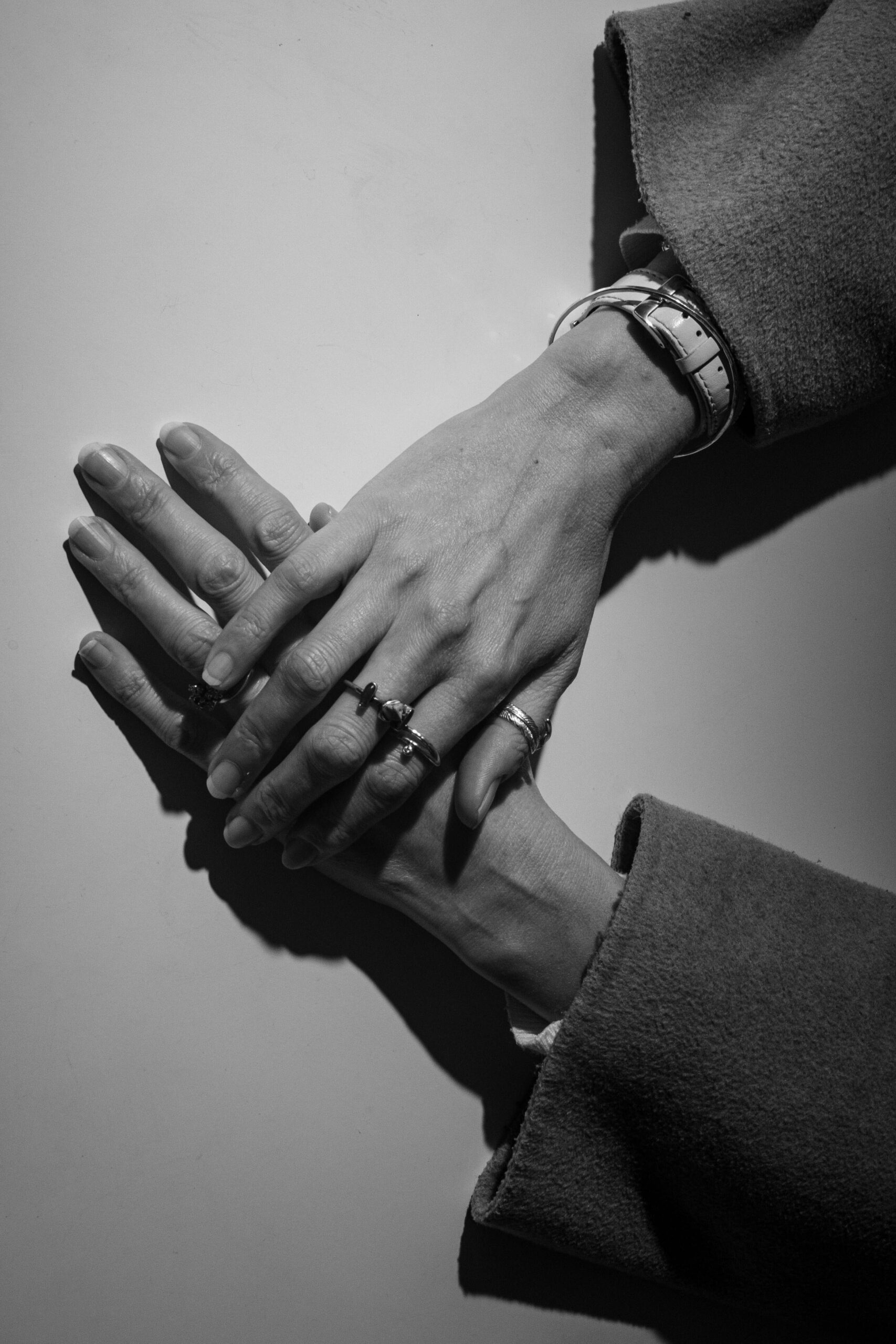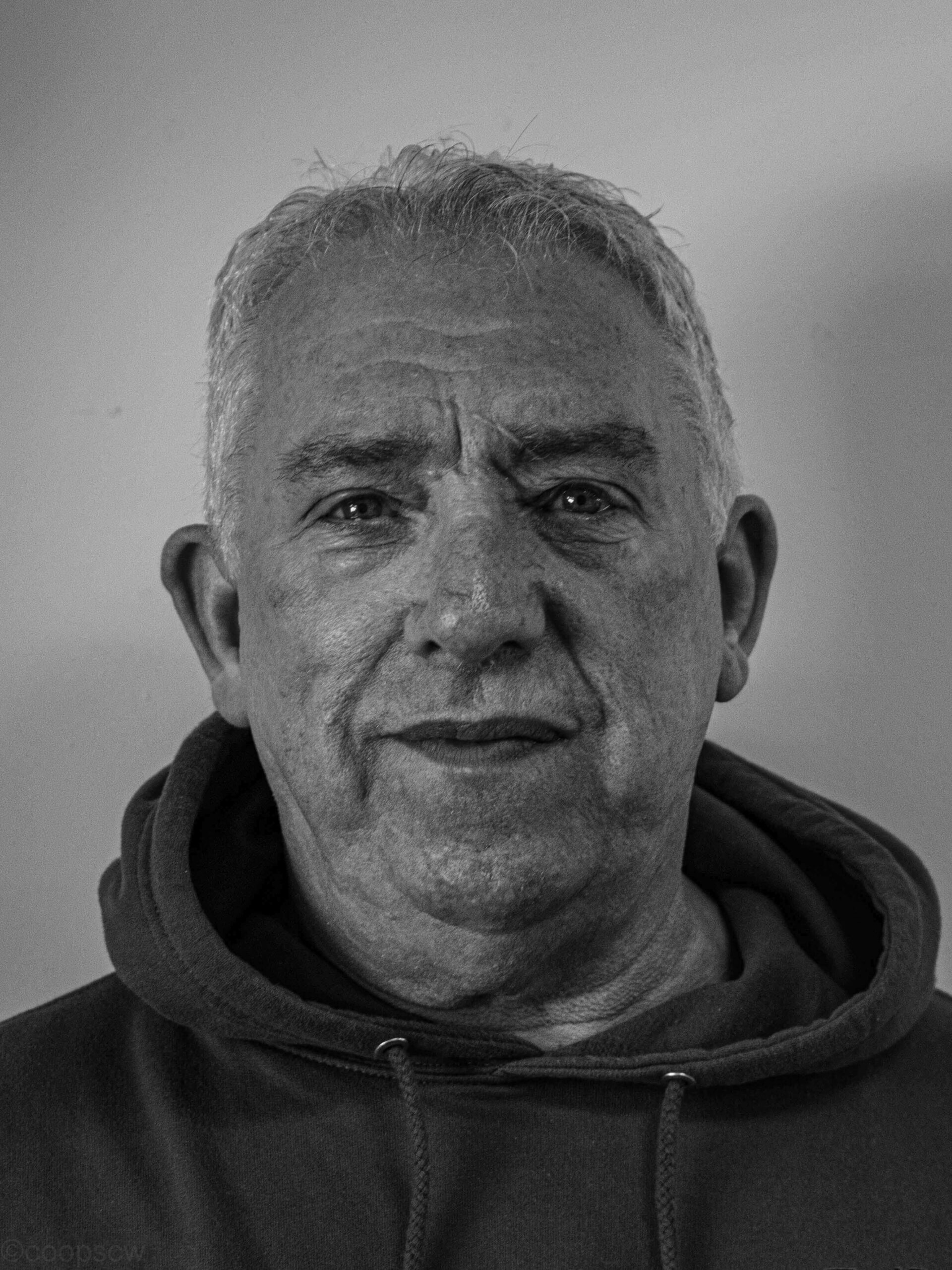About Recovery Histories
This is the first social, cultural and medical history into recovery from Child Sexual Abuse in the second half of twentieth century Britain and Ireland. Via a mixed methods approach, it will offer a rare insight into the experiences of survivors and front line practitioners, who are commonly left out of the historical record. It brings the two groups together to learn from past experiences and influence present-day practice and policy.
© Lee Cooper / Victorious Voices
Project Overview
Child Sexual Abuse (CSA) is not an illness or a physical wound. And yet recovery is spoken about in a language borrowed from medicine, we seek to ‘heal wounds’ and ‘repair damage.’ The language and ‘logics’ of trauma now dominate public services, emphasising psychological recovery and ignoring other forms of social support that individuals need to achieve emotional and physical equilibrium. In research, survivors’ needs are ignored in favour of measuring the clinical efficacy of specific treatments. Their recovery is frequently hindered rather than helped by medical and social welfare interventions. Their views are given less credence, their ‘stories’ are generalised across time, place and identity. The experiences of the minoritized and structural inequalities are ignored. But context matters in relation to effective responses to sexual violence.
Led by Dr Ruth Beecher, this four-year Wellcome-funded research project is co-produced with survivor and practitioner partners including Survivors’ Voices, Survivors’ in Transition, The Flying Child, and the Association of Child Protection Professionals. The research will employ mixed methods to paint a comprehensive picture. The research methods include archival research, the co-creation new oral histories with survivors and practitioners, ethnographic interviews and participant observations with survivors and practitioners, and a collaboration with organizations that hold prior research data (surveys or interviews) to explore how it might be ethically ‘re-used’ to contextualize survivor experiences and practitioner responses. Historical research will support the building of a CSA survivor archive of recovery, while fieldwork with survivor participants will provide insights into their lived experiences. Observations of practitioners across various support services and new oral histories from both survivors and practitioners will further enrich the study. The holistic approach aims to explore methods of support beyond medication and therapy, including education, financial stability, spirituality, relationships, play, and creativity.
People
Recovery Histories is an interdisciplinary project led by Dr Ruth Beecher. The project is co-produced by academics, practitioners working in services and people with lived experience of child sexual abuse. Partner organisations include Survivors’ Voices, Survivors In Transition and The Flying Child. A Lived Experience Advisory Group (LEAG) and an Academic Advisory Group provide expertise and advice.
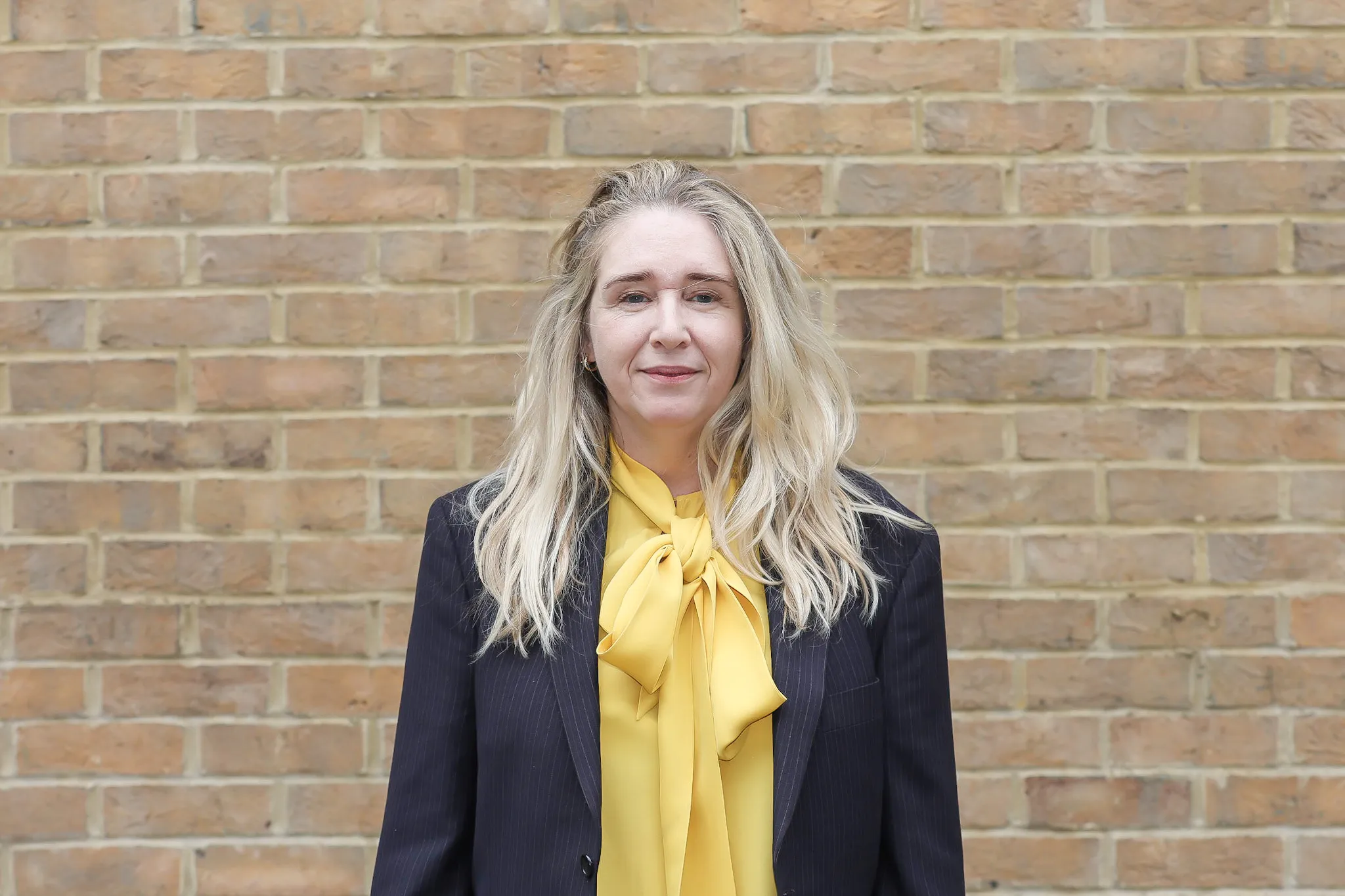
Dr Ruth Beecher
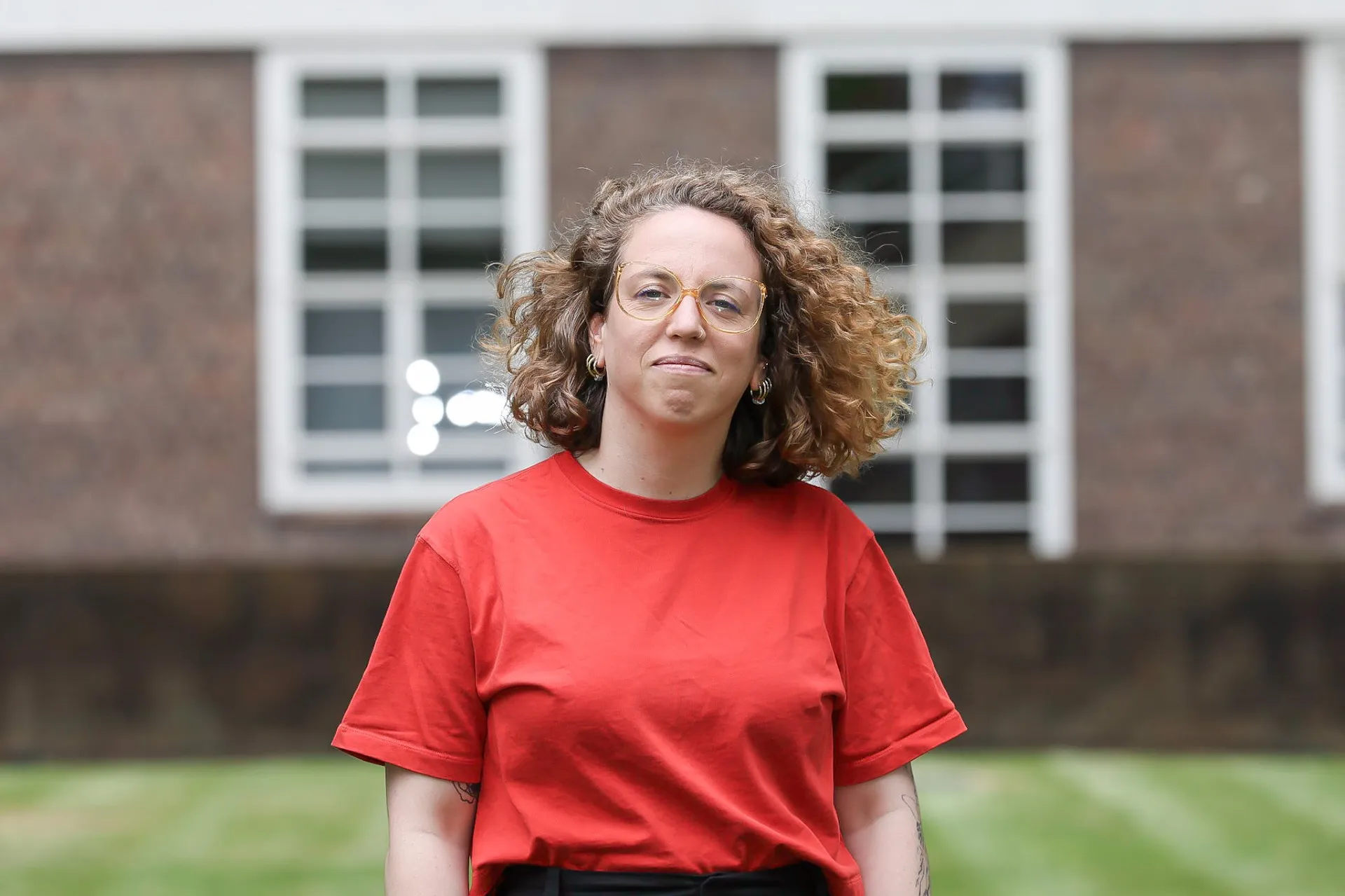
Dr Adeline Moussion Esteve
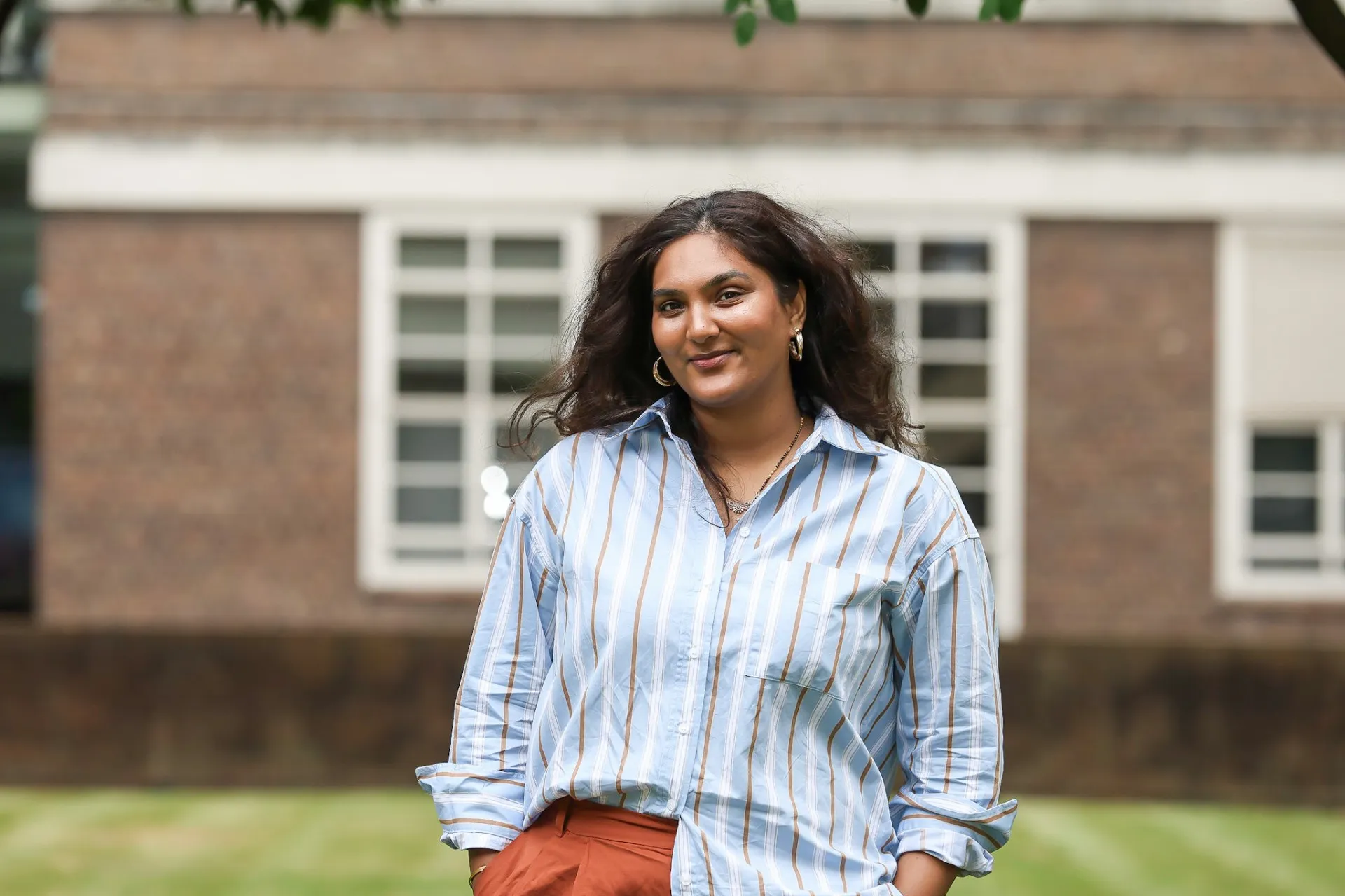
Dr Baljit Kaur
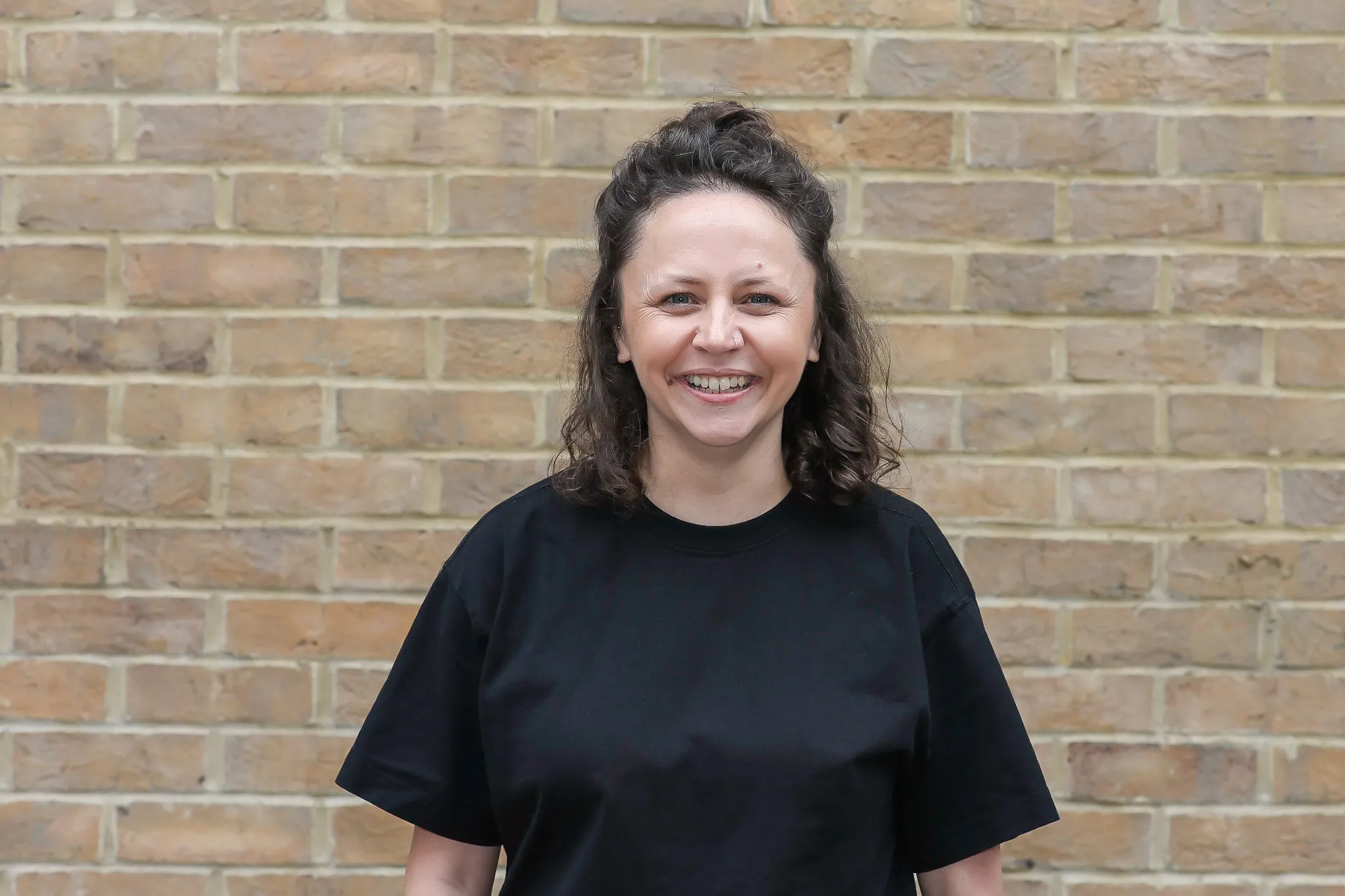
Dr Katie Elliott
The Lived-Experience Advisory Group and the International Academic Advisory Group
The Lived-Experience Advisory Group is facilitated by Survivors’ Voices, a survivor-led organisation, with support from the research team at Birkbeck. We work to the principles in the Survivors Voices Survivor Charter and Survivor Research Involvement Ladder. We are a group of 13 LEAG members, recruited with the aim of including diversity in terms of experiences of child sexual abuse, socio-demographics (such as racial identity, sex, gender identity, disability, class), geographical location and recovery service use. Bringing lived experience and insight into child sexual abuse and recovery, the LEAG is meeting regularly throughout the project, providing feedback and guidance on research safety and ethics, and the study’s direction and methods. Our work is grounded in care, mutual respect, and a commitment to ethical survivor involvement. We will also be contributing to the interpretation of the results, the implications of the findings and sharing these more widely. LEAG members are central to evaluating survivor involvement in the project using the Survivor Charter and Involvement Ladder.
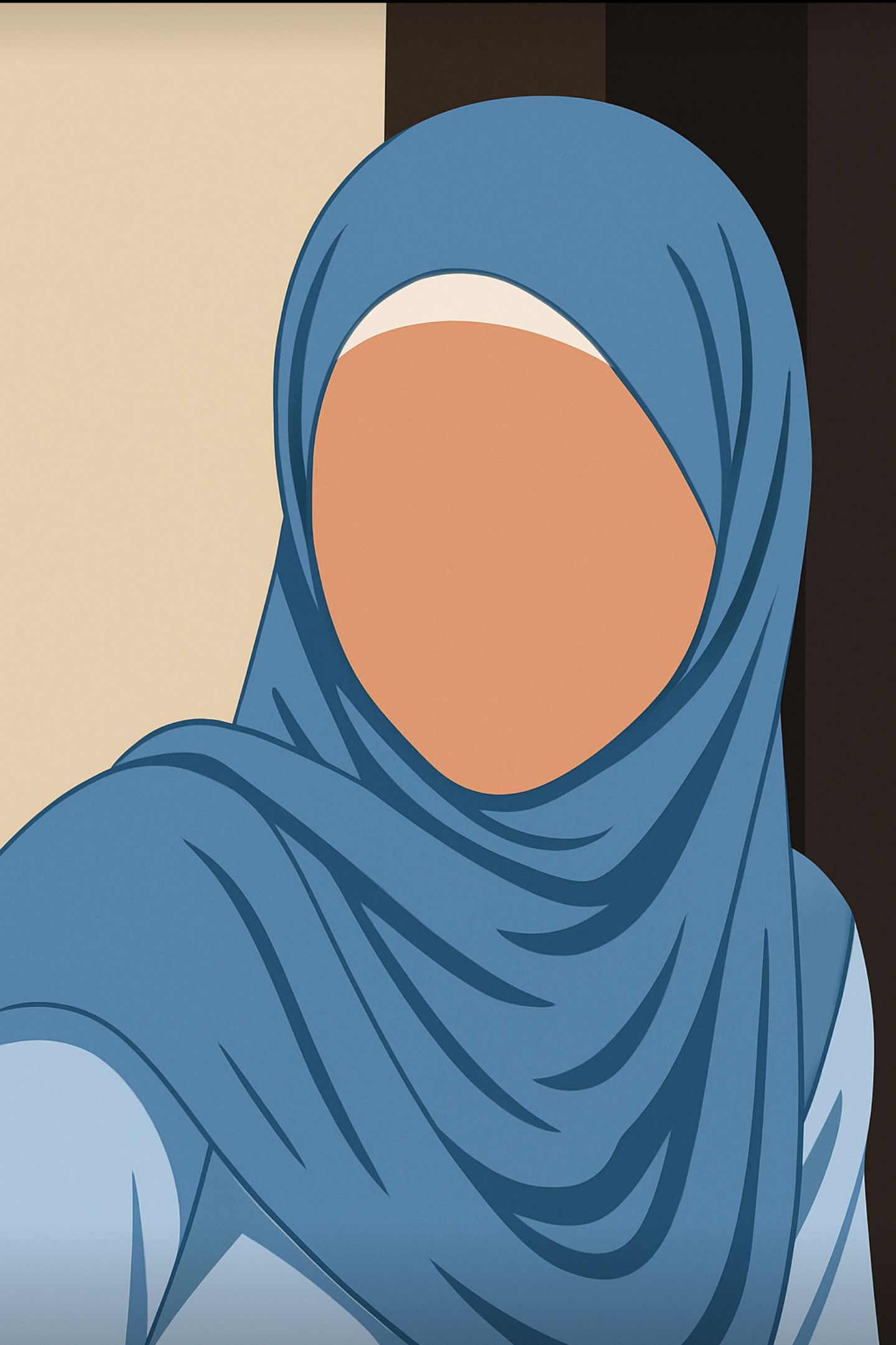
Shakira
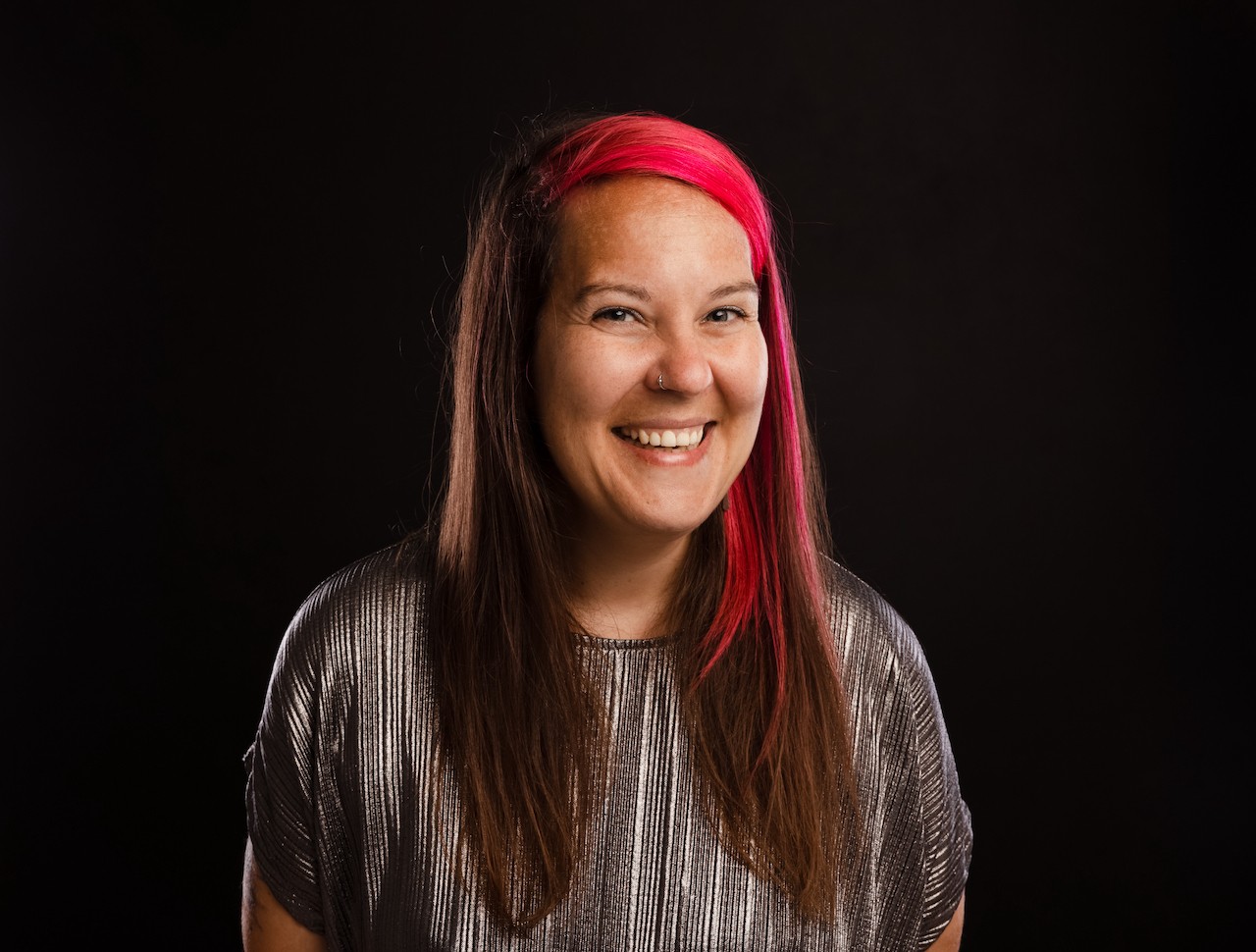
Lisa Ward
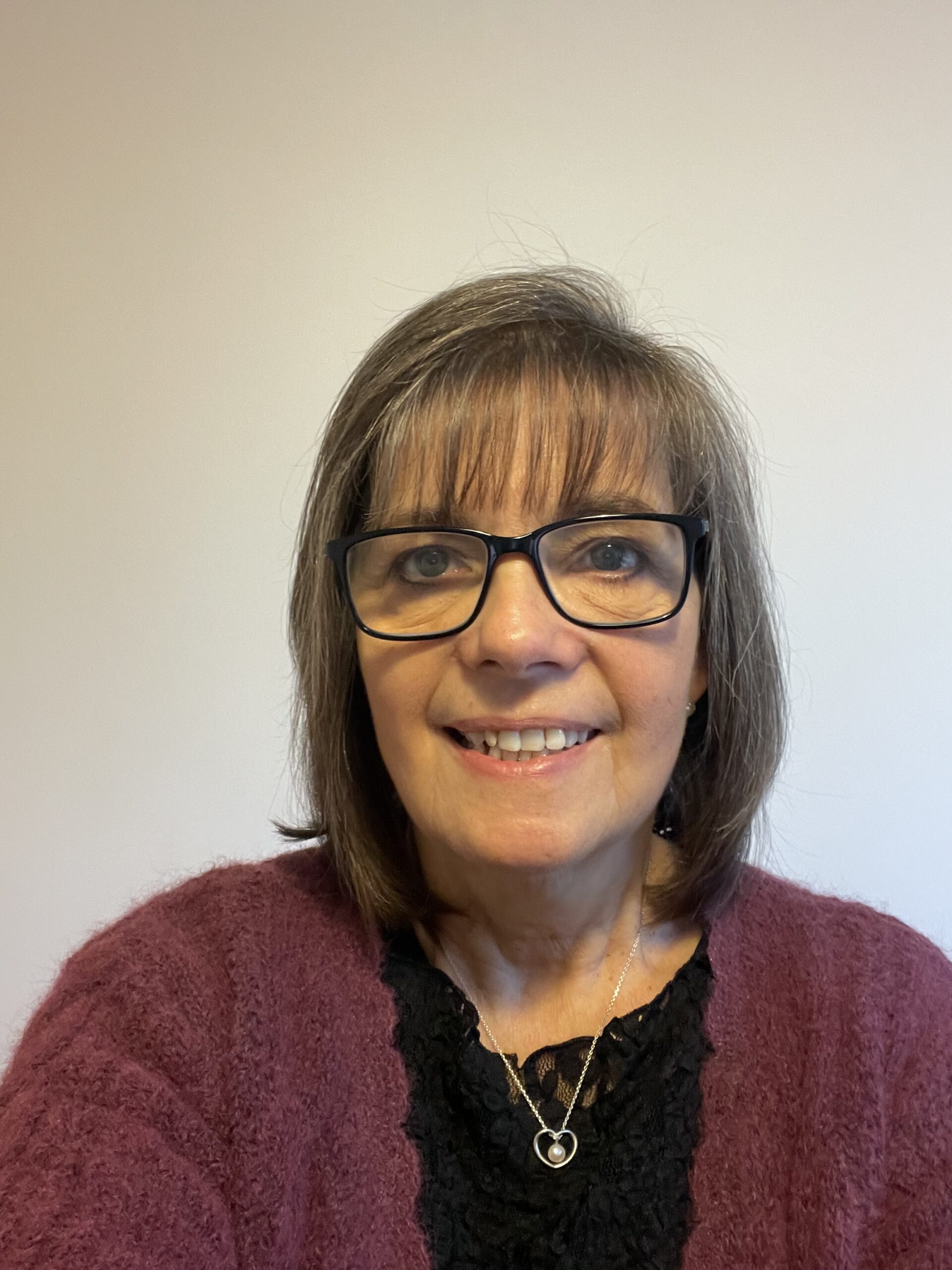
Patricia M Wennell
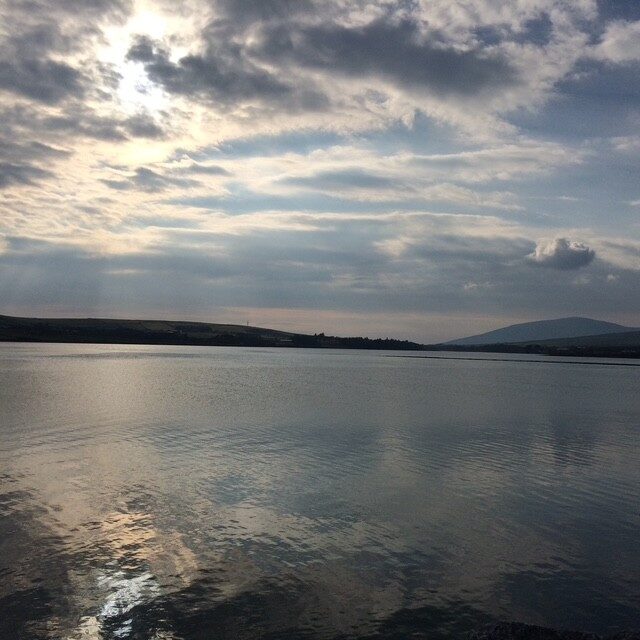
Bea Summers
The international Academic Advisory Group includes academics from a range of disciplines, including history, psychology, social work and anthropology. The group meets twice a year and provides expert oversight and advice to the project team.
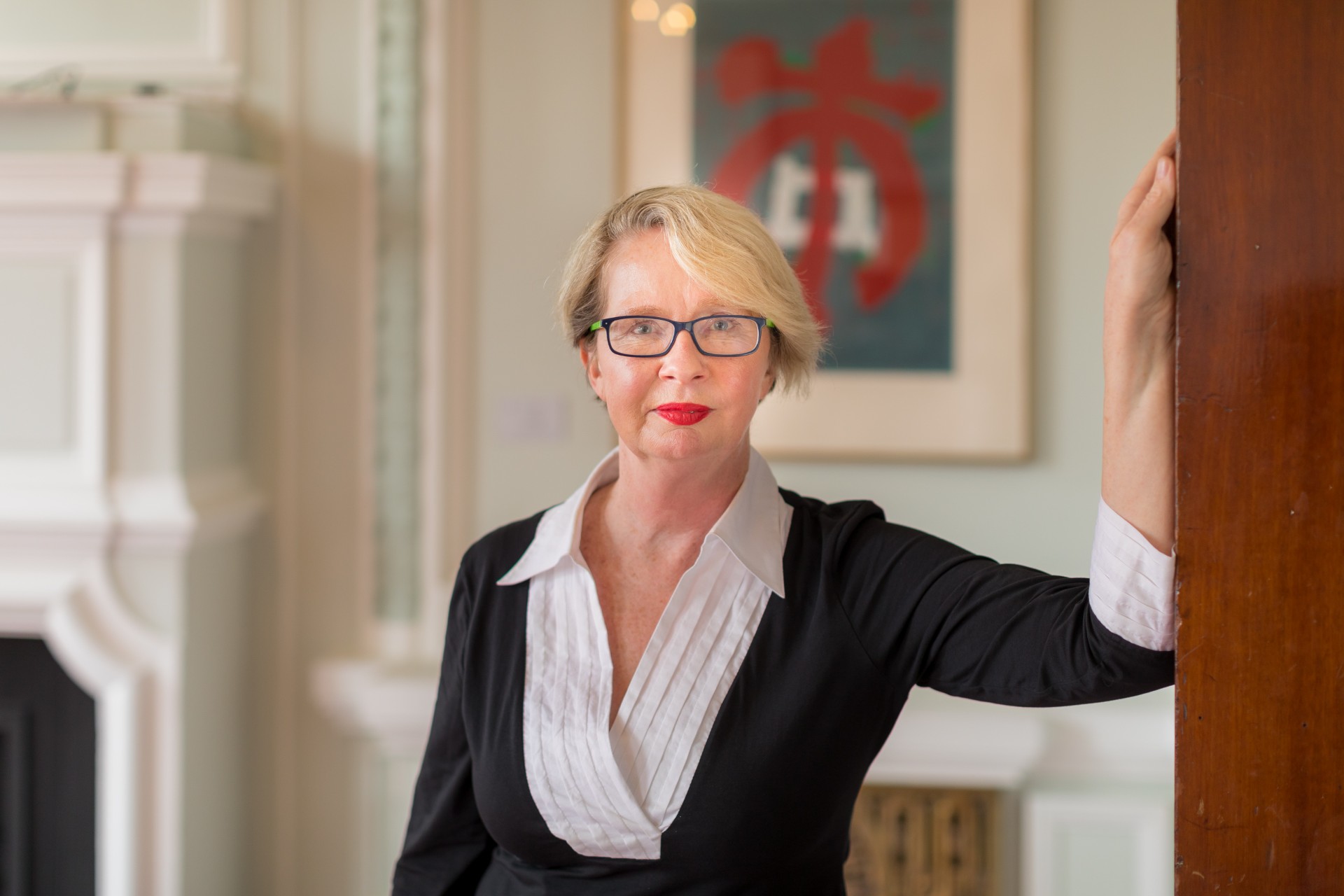
Professor Joanna Bourke

Professor Sameena Mulla

Laura Eden
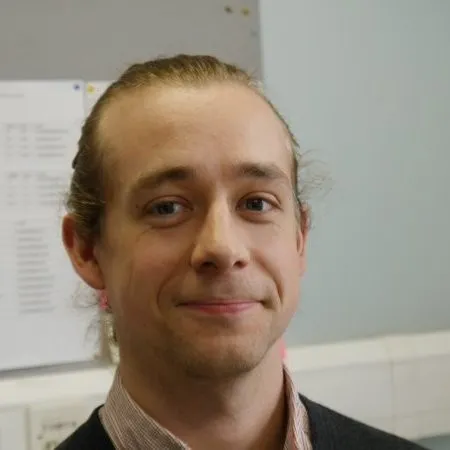
Dr William Tantam
Project partners
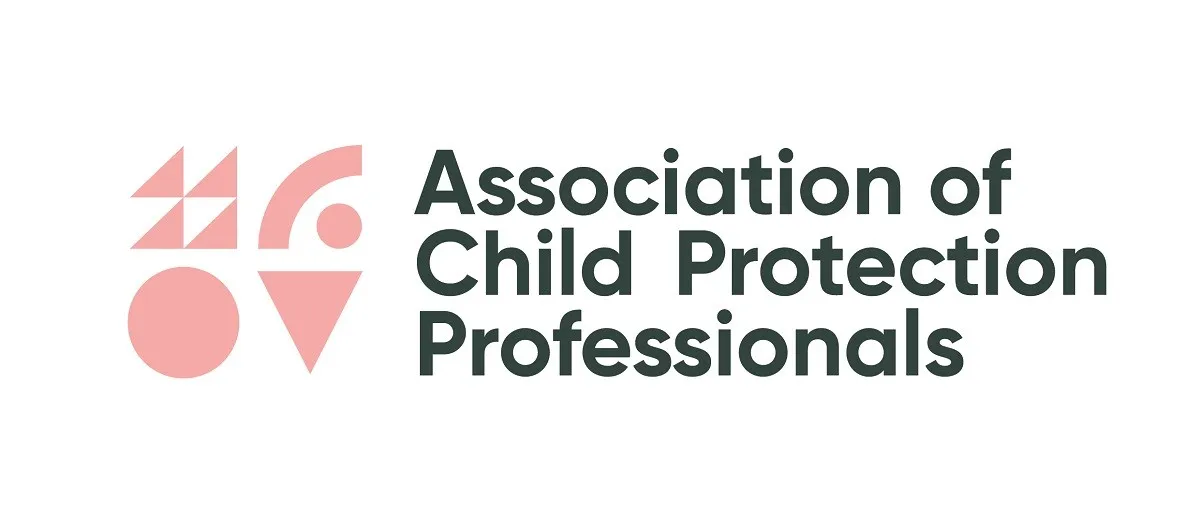
The Association of Child Protection Professionals
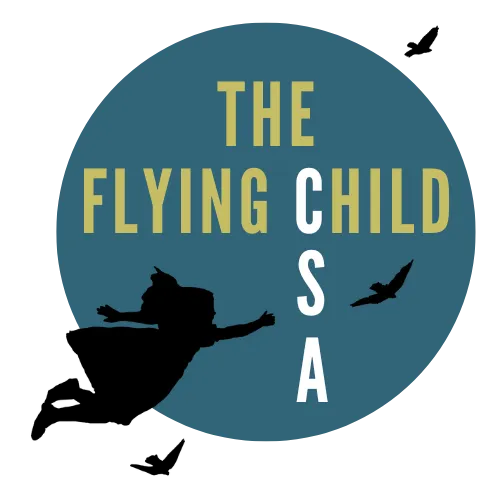
The Flying Child
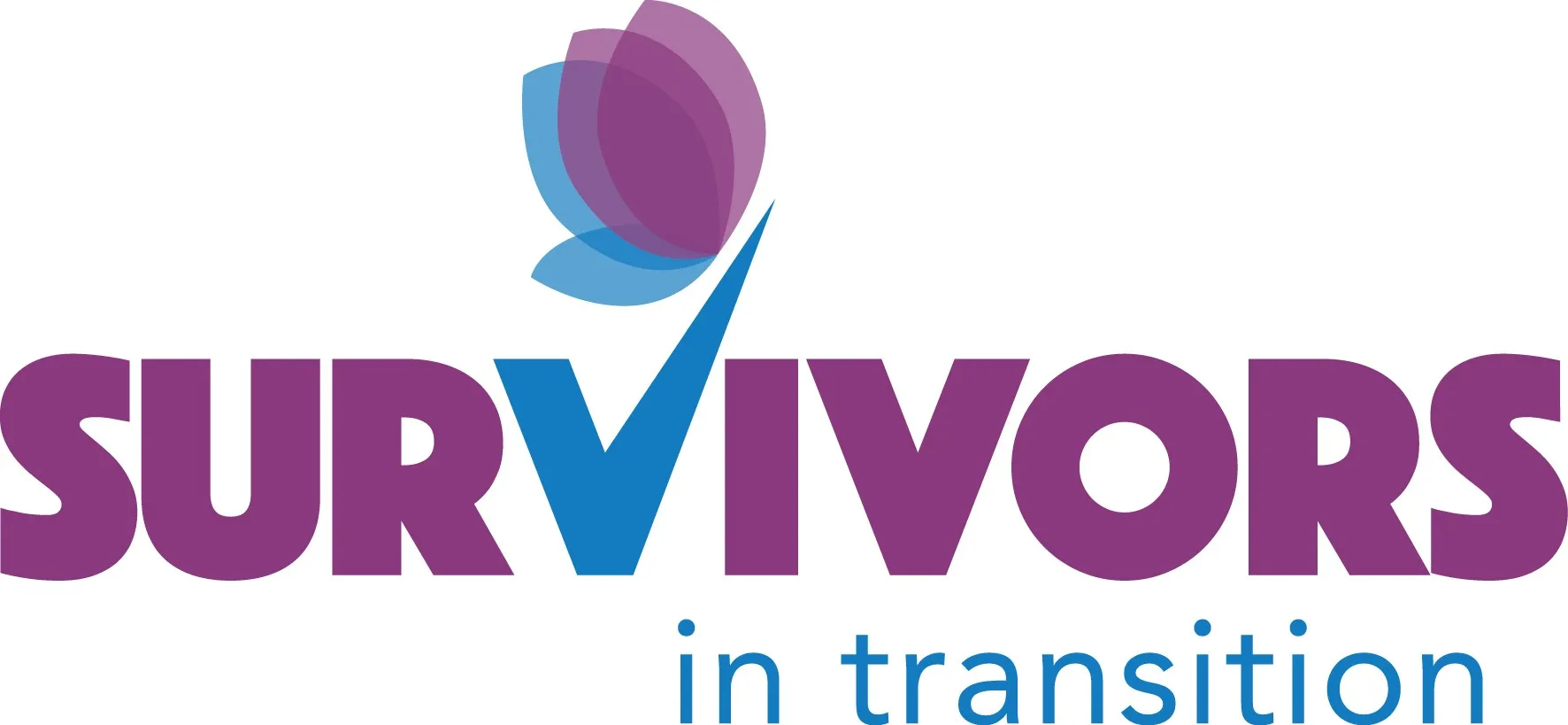
Survivors in Transition
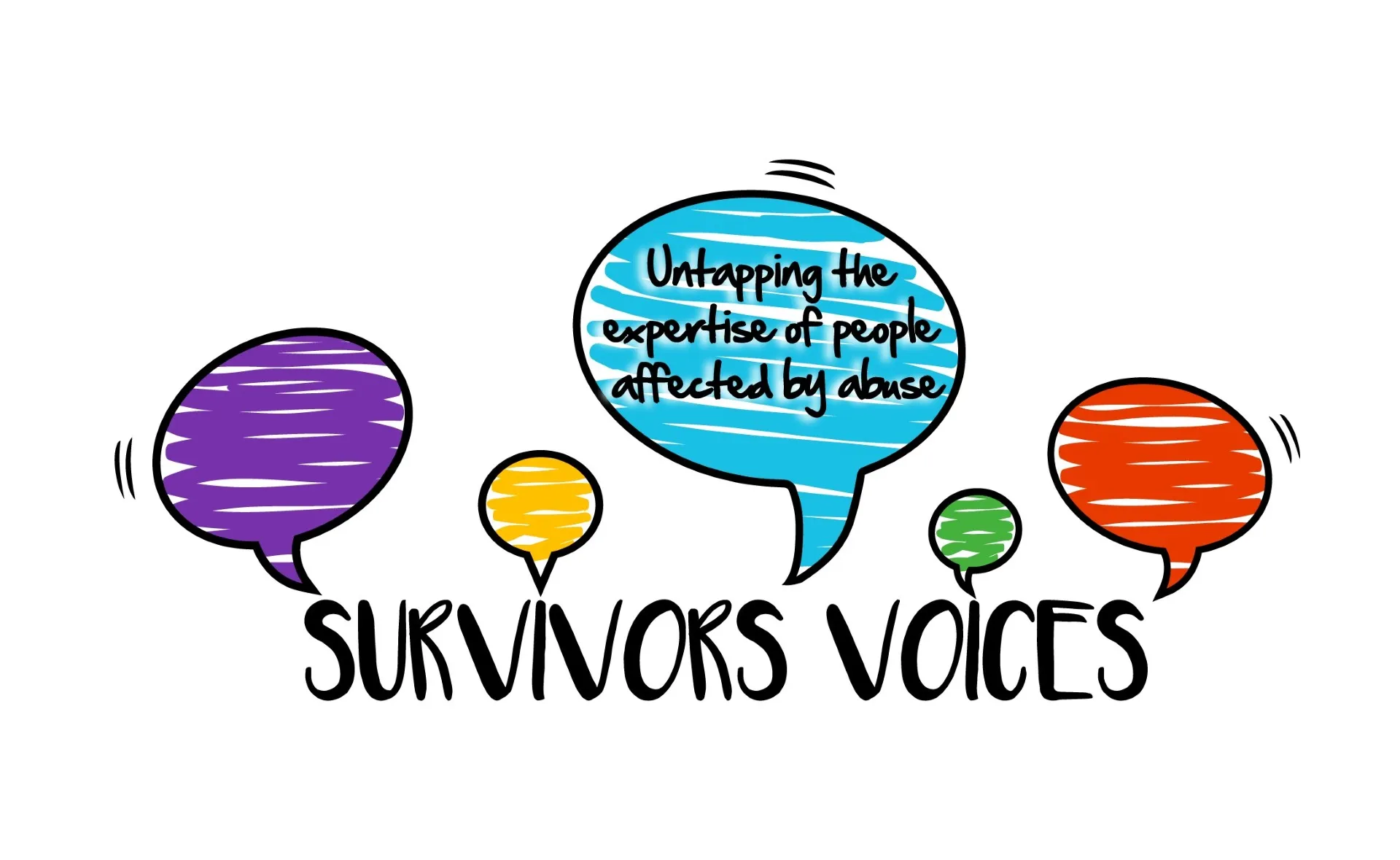
Survivors Voices
Affected by sexual violence or sexual abuse?
If you have been affected by issues relating to sexual violence, we can recommend some support services.
